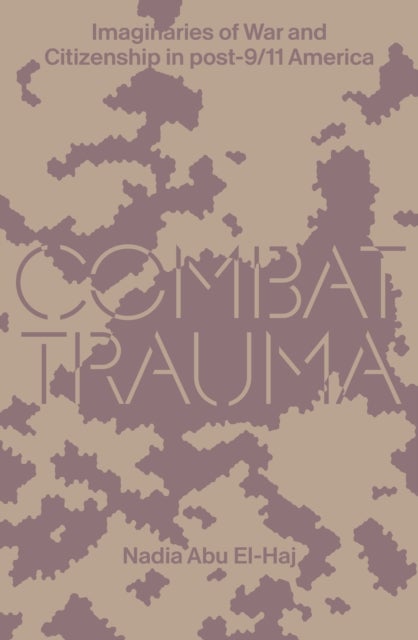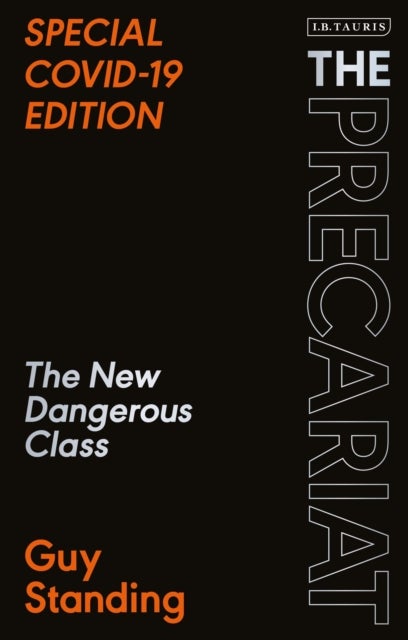
Combat Trauma av Nadia Abu El Haj
299,-
Americans have long been asked to support the troops and care for veterans’ psychological wounds. Who, though, does this injunction serve? As acclaimed scholar Nadia Abu El-Haj argues here, in the American public’s imagination, the traumatized soldier stands in for destructive wars abroad, with decisive ramifications in the post-9/11 era. Across the political spectrum the language of soldier trauma is used to discuss American warfare, producing a narrative in which traumatized soldiers are the only acknowledged casualties of war, while those killed by American firepower are largely sidelined and forgotten.<br><br> In this wide-ranging and fascinating study of the meshing of medicine, science, and politics, Abu El-Haj explores the concept of post-traumatic stress disorder and the history of its medical diagnosis. While antiwar Vietnam War veterans sought to address their psychological pain even as they maintained full awareness of their guilt and responsibility for perpetrat








